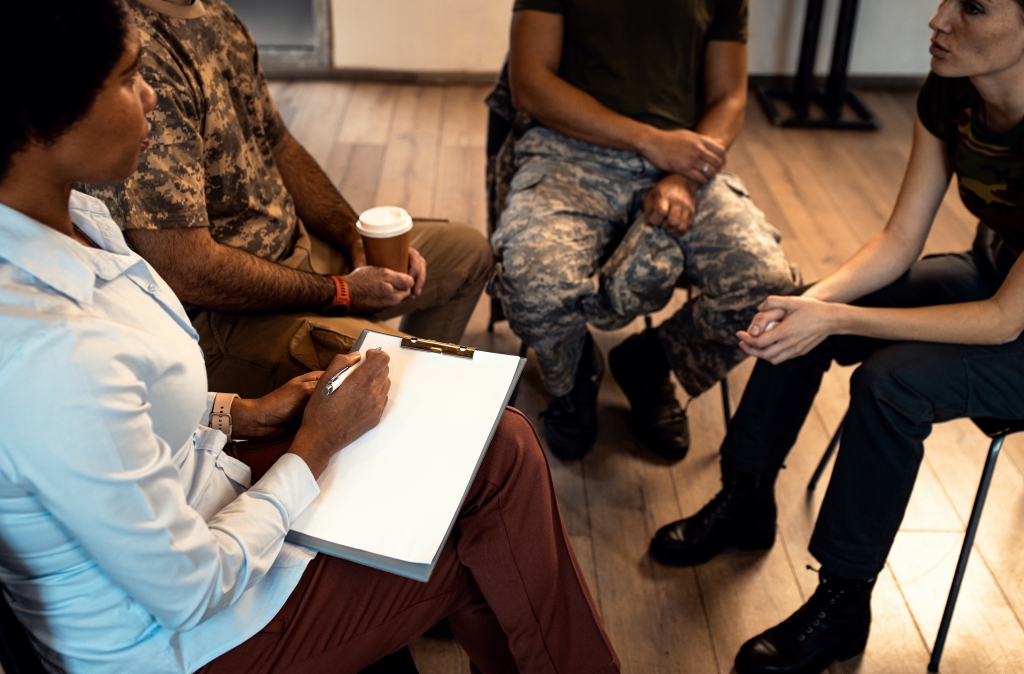
We’ve been working on the audio version of Second Lives: The Journey of Brain-Injury Survivors and The Healers so traumatic brain injury was, well, on my mind when I read a story in Sunday’s New York Times about artillery gunners suffering from a variety of psychological symptoms.
..Many of the troops sent to bombard the Islamic State in 2016 and 2017 returned to the United States plagued by nightmares, panic attacks, depression and, in a few cases, hallucinations. Once-reliable Marines turned unpredictable and strange. Some are now homeless. A striking number eventually died by suicide, or tried to.
The military has struggled to determine what was wrong after the troops returned home. Evidence suggests that while the individual shocks from the recoil of the artillery didn’t case any obvious brain damage, the repeated firing of the artillery — more than in any U.S. military action since Vietnam — may have caused sleeplessness, depression, anxiety and other symptoms that resemble post-traumatic stress disorder.

“It’s common to mistake a blast injury in the brain for something else, because when you walk into a clinic, it looks like a lot of other things,” a Defense Department neuropathologist told the Times.
It reminded me of something Dr. Ralph Lilly, the co-author of Second Lives, says in the book: the doctors often misinterpret the symptoms of brain injuries as something else. But Lilly, a neurologist who suffered a traumatic brain injury himself, also noted that “all roads lead to the brain.”
None of the injuries discussed in the book are the result of military service, but many of the experiences of the survivors and the family members who serve as their healers would probably have a familiar ring to the veterans in the Times story.
